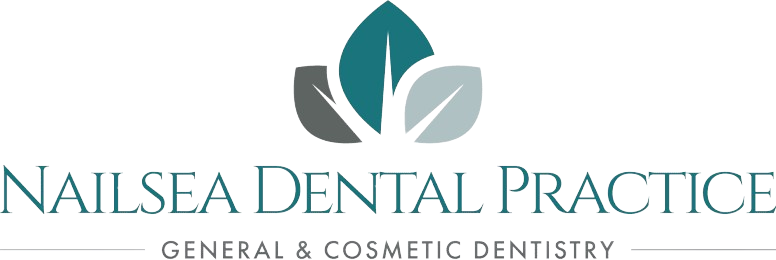Jaw pain, a popping or clicking jaw, or limited jaw movement can all be symptoms of jaw problems, also known as temporomandibular disorders (TMD). In this blog post, we will explore the common causes of jaw problems and the treatment options available to those who are experiencing jaw pain or discomfort.
Jaw problems can be caused by a variety of factors, including injury or trauma to the jaw, teeth grinding or clenching, and arthritis. However, one of the most commonly seen causes of TMD is a dysfunction of the temporomandibular joint (TMJ). The TMJ is the joint below the ear that connects the jawbone to the skull, and when it becomes damaged or misaligned, it can lead to jaw pain and other symptoms.
Another common cause of jaw problems is stress. Stress can lead to teeth grinding and jaw clenching, which can put unnecessary pressure on the TMJ and lead to pain and discomfort. Additionally, stress can also cause muscle tension in the jaw, which can lead to limited jaw movement and pain.
There are several treatment options available for those who are experiencing jaw problems. The first step in treating TMD is to identify and address the underlying cause. For example, if teeth grinding or clenching is the cause of the jaw problem, a mouth guard may be prescribed to protect the teeth and reduce the pressure on the TMJ.
Physical therapy and exercises can also be beneficial in treating TMD. These exercises can help to stretch and strengthen the muscles in the jaw, which can reduce muscle tension and improve jaw movement. In some cases, if the jaw problem is caused by arthritis, a medicine that can reduce inflammation may also be prescribed.
In more severe cases, surgery may be required to correct the problem. This type of surgery will be done by a maxillofacial surgeon and can include repositioning the jaw or replacing the joint.
While jaw problems can be caused by a variety of factors, there are steps that can be taken to prevent them from occurring. One of the most effective ways to prevent TMD is to reduce stress and muscle tension in the jaw; this can be done by practising stress-relieving activities such as yoga or meditation.
Additionally, it is also important to maintain good oral hygiene, which includes regular visits to our team for checkups and cleanings. It’s essential to have our dental team check for any misalignment in your teeth, which can be a cause of jaw problems.
Another way to prevent jaw problems is to avoid habits that can put unnecessary pressure on the TMJ, such as biting your nails or chewing on hard objects such as a pen or pencil.
Our dentist in Nailsea understands the impact that jaw problems can have on one’s overall well-being. Whether caused by injury or trauma, teeth grinding or clenching, or arthritis, jaw problems can be debilitating and affect one’s quality of life. By understanding the causes and available treatment options, individuals can take steps to alleviate their pain and improve their overall jaw health. If you are experiencing jaw pain or discomfort, we encourage you to schedule an appointment with our dentist in Nailsea at Nailsea Dental Practice to discuss treatment options and get on the path to relief.
BACK TO BLOG“I can highly recommend Nailsea Dental Practice. Karine and her staff are friendly and professional, and the atmosphere feels genuinely caring. The dental treatment is first-class, with plenty of time for discussion and guidance. Most..."
“Wonderful practice, highly organised and efficient. All the staff are very friendly, and the place is always spotlessly clean. My teenage daughter recently had an accident and broke her two front teeth. The practice was..."
“I have attended Nailsea Dental Practice for 15 years and have always received excellent treatment. The last 4 years by Karine and her team, in a congenial setting, with a comfortable reception area and off-road..."
“At the age of 50 and after an awful childhood dentist, I have finally found a dentist I completely trust. Karine has supported me through a number of treatments, including periodontal surgery, and she has..."

“I can highly recommend Nailsea Dental Practice. Karine and her staff are friendly and professional,..."
“Wonderful practice, highly organised and efficient. All the staff are very friendly, and the place..."
“I have attended Nailsea Dental Practice for 15 years and have always received excellent treatment...."
“At the age of 50 and after an awful childhood dentist, I have finally found..."
“I have been a patient at Nailsea for over 20 years, even though it is..."





